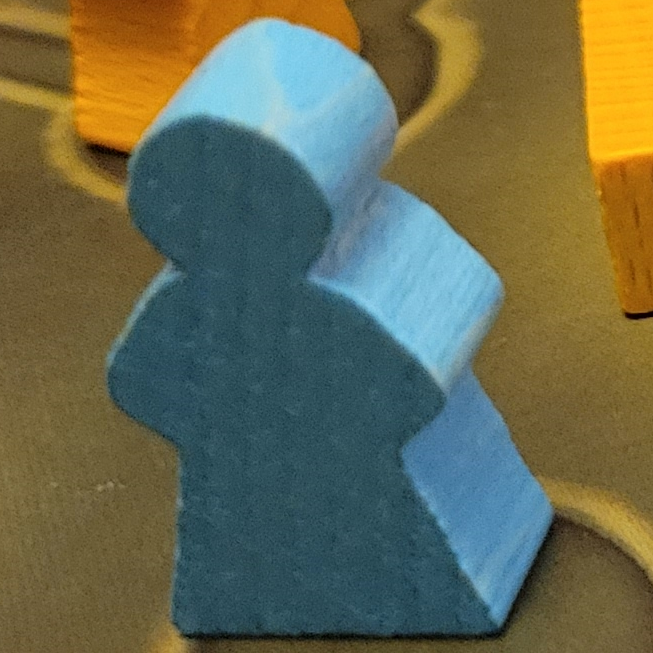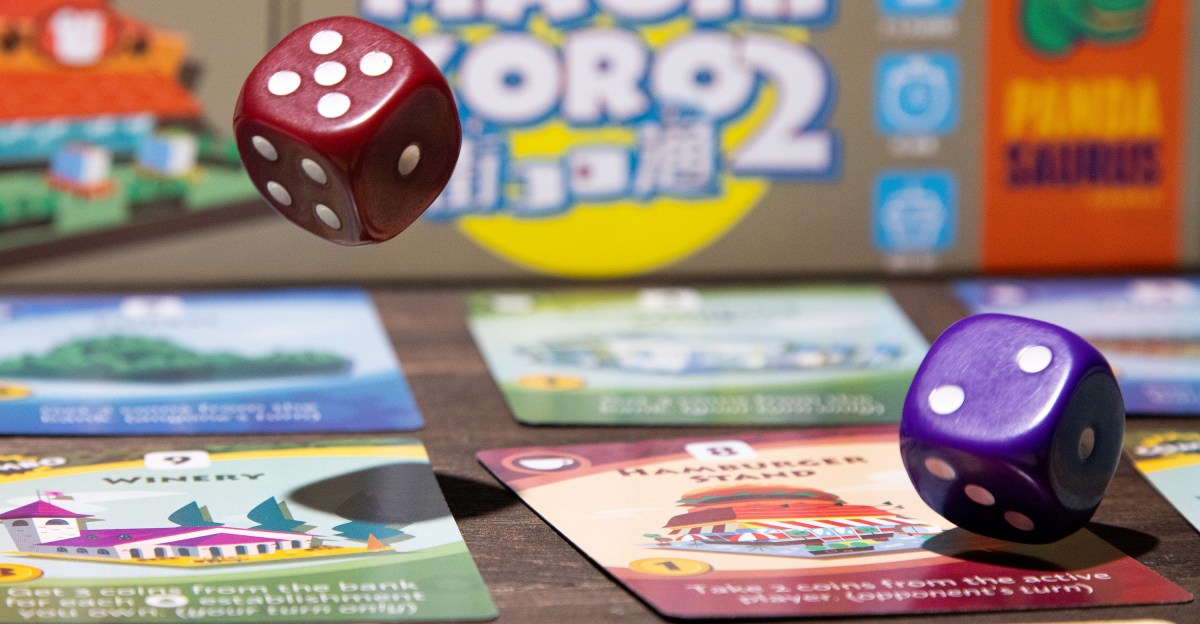Everything was going right for Wonderbow co-founder Laia Gonzalez. Her small publishing company’s latest project, a board game called Kelp, had wildly exceeded expectations and was closing in on its final crowdfunding total of more than $1.5 million. Delivery was scheduled for October 2024, so there was plenty of time to begin finalizing the game’s components and coordinating with a manufacturer for production. Hoping for a little extra dose of dopamine, Gonzalez did a quick Google search to see if anyone in the vast and turbulent sea of tabletop influencers was particularly hyped about her company’s game. But instead of a new video of someone sitting in front of an overstuffed Ikea shelving unit, she was surprised to find Kelp already up for sale on Amazon. She, Wonderbow, and game designer Carl Robinson had become the latest victims of board game counterfeiters.



This is by no means a new problem, but every time I hear about it, it is only an issue in board games sold on Amazon, eBay, and other sites that sell on behalf of third party sellers. I have never heard of anyone getting a knock off game from a reputable board game store (online or brick-and-mortar). Those stores buy games from publishers, either directly or via a distributor (and I fear the day that distributors start dealing in knock-offs).
At this point, many hobbyists know what stores to buy from, but people who are not glued to hobby discussions do not. Unfortunately, I am not sure what publishers or customers can do about it except ask for politicians to hold Amazon accountable for trafficking fake goods.